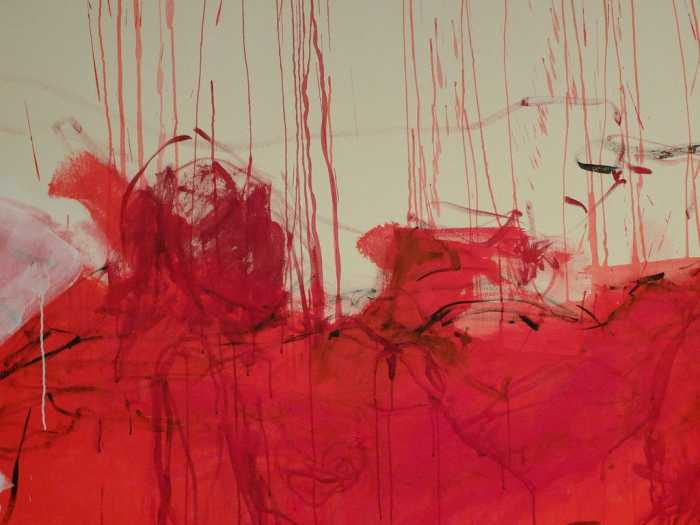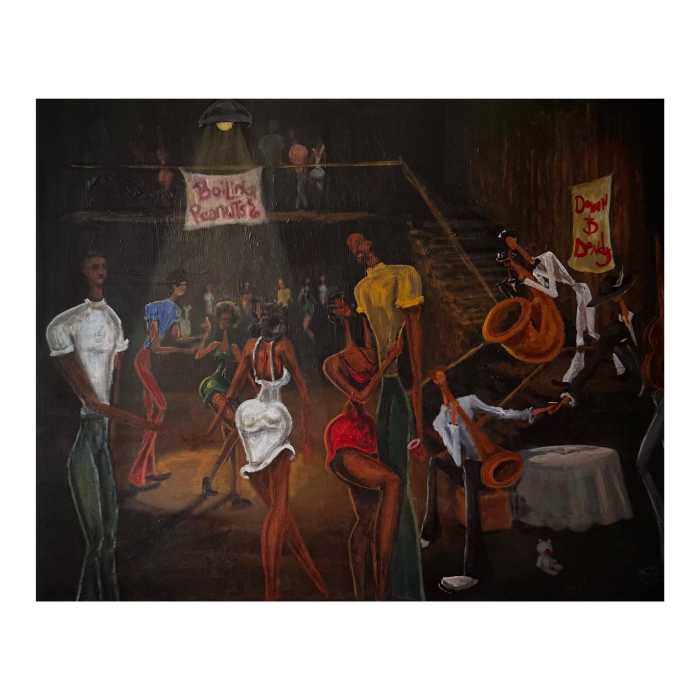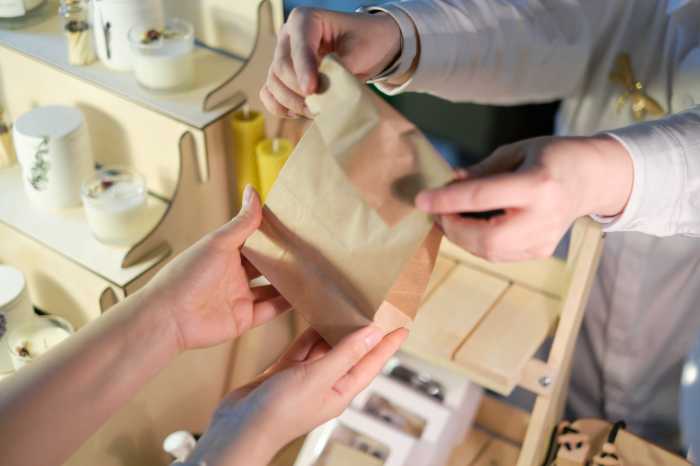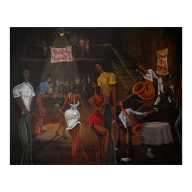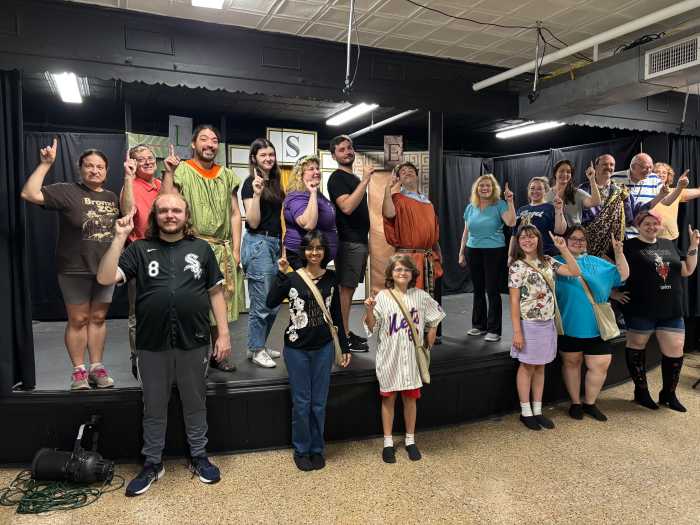If there’s a film that perfectly encapsulates the 21st century and our society’s obsession with celebrity it’s “Vox Lux.” Director Brady Corbet presents a unique view, by covering our rabid consumption of tabloid gossip, and the guilty pleasure society seeks from the artifice of a pop icon, in his film’s lead Celeste (Natalie Portman).
The film’s trajectory is bold in the way it links unique acts of violence and significant moments of trauma in a young pop star’s life. Young Celeste (Raffey Cassidy) experiences a horrific tragedy in her hometown of New Brighton, Staten Island, and from there the audience sees how a nation in mourning acts as the center stage for the birth of a pop star.
amNewYork sat down with Corbet and Portman to unpack this polarizing film.
The film speaks to how society takes women down. Can you speak to how you developed that thought into the film?
Brady Corbet: It’s impossible not to have an opinion about it. I think everything has just gotten out of hand and this film was conceived in reaction to that. The big thing for me is that I understand taking down a politician for misspeaking or misrepresenting us but if a 21-year-old boy or girl misspeaks and there’s this major takedown on Twitter, it seems a little ridiculous because they’re kids. I don’t know why we expect so much of our public figures. Our politicians, however, need to be held accountable because that’s the job that they’re doing.
Natalie, how was it working on the psyche of this person who really is struggling emotionally from experiencing such a tragic event at a young age?
Natalie Portman: I think it’s a very unusual kind of trauma because she has this trauma and then also becomes a public figure at the same time which has a different kind of effect on the way you behave. Also, the people closest to her who she can rely on are the people who work for her too. So, there’s all these different elements that really affect her emotional well being. As soon as you become a public figure you’re performing all the time to a certain extent and she’s kind of performing her trauma because it’s so related to her birth as a pop star. It was an unusual development because it was so specific to that trauma.
There can be some artifice when it comes to imagery in pop music. The film addresses how a lot of the messaging in pop music acts as a distraction from what’s really going on in the world, so how was it developing a layer that speaks to that?
NP: That line that Raffey says in the movie, how she really doesn’t want people to think too much, she just wants people to feel good. It’s sort of this feeling of why we want pop culture. It does distract you from the tougher things. It gives you a place to run away to for better or worse and I think you see that with Celeste too, she’s avoiding all of that other stuff.
BC: It’s an indulgence. It used to just be tabloids where you would see gossip when you were buying your groceries but now it’s available all the time.
In the ’90s, pop stars were untouchable and larger than life. And that shift with the internet happened where we now prop these figures up so they can fail and it’s a soap opera. There’s a gap of time where we don’t see her career, although we’ve been told through a narrative that it’s been a tough adjustment for Celeste. So Natalie, how did you develop that inner trajectory?
NP: There were some details that Brady provided in the script so that was helpful but we’re all so familiar with those trajectories. Unfortunately, there’s this kind of rise of a star and fall of a star, and then the comeback, so we’re used to it. Obviously, you create details in your head of what happens but it was a familiar narrative in what happens in those intervening years. It’s why the audience can fill it in so easily from point a to point b.
BC: And you’re right, it is a soap opera and I think the idea was to treat it as an old-fashioned soap opera, because I think the dramatic events are worthy of that but other people’s tragedies have become commonplace. So by lifting them up to these operatic heights, the idea is that it gives us the perspective to realize how incredibly absurd and bizarre it all is.
Celeste reminds me of Lady Gaga meets Kylie Minogue, but with the spirit of Madonna, because she’s lived through so much. How was it developing the aesthetic of that pop figure?
NP: It was really fun. Brady had written some of the ideas in the description in terms of her music, that there’s this “space-age-y” sort of thing going on. Hair, makeup and wardrobe designers were very influential in creating it but it’s always helpful when you can look in the mirror and you look very different from yourself [Laughs] It puts you into a different mode for sure. The silver on her hair, that mode, you can see she had really created this theme of “space-age anthem.”
I don’t think anyone would be surprised that you can pull off being a pop figure. We have your "SNL" raps and "Black Swan" as evidence, but did taking on this role give you a different perspective of what it means to live in the public life versus having your own private life?
NP: Thank you! And yeah, I’m very interested in how we “perform” in our lives. It’s kind of taken to an extreme when you’re in the public eye like Celeste is. You see how painful it is. To a certain degree, she’s most comfortable and most accepted when she’s literally performing. She’s maybe her most authentic self wherein everywhere else she’s completely artificial. There are little glimpses of authenticity but people end up creating a lot of armor for themselves when everyone wants a piece of them and they can’t totally trust people’s intentions.
If you had to fill up a time capsule of things from the 21st century with items from your personal life, what would they be?
NP: That’s a good question! I don’t know, I feel like I’d put a lot of media consumption because I feel like there’s all this clutter — news, an Amazon box, a newspaper. “Stuff” that would probably be the defining thing of the 21st century for me.
BC: I’m trying to think about a great book from the last 20 years. I put all of my ideas in the movie.



